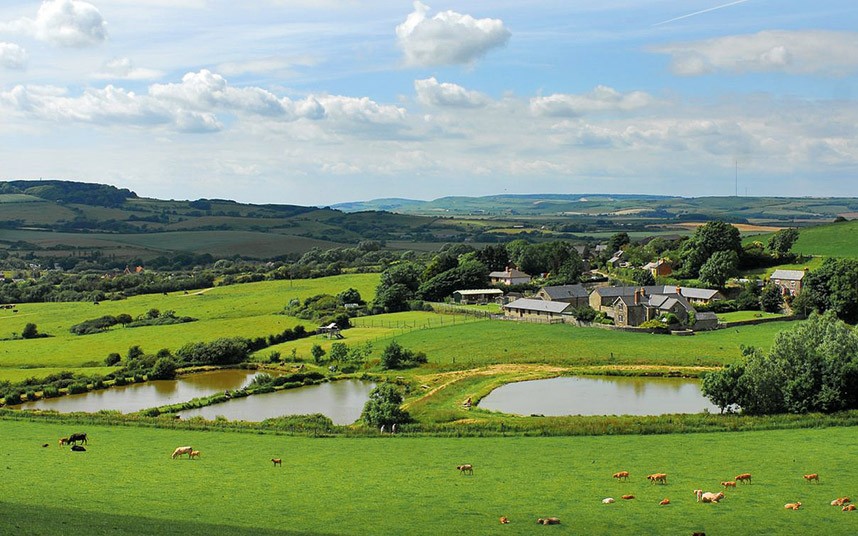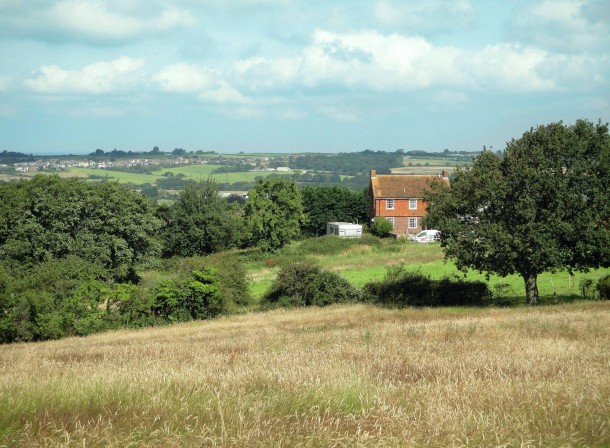
During the months that have followed Britain’s decision to leave the European Union, sentiment for the UK’s rural market has remained positive, according to new research.
Carter Jonas, a leading property consultancy, said that since 2010 the UK’s average land values have been rising at a steady rate, but have seen a modest decline in 2016. Rather than being a direct result of the decision to leave the EU, this has instead been identified as organic market correction, with deals that were under negotiation prior to the vote remaining unaffected. Additionally, the volume of openly marketed farmland in the UK is up 15.7% year-on-year.
Over the next twelve months rural land is expected to remain in high demand as margins in the sector have recovered due to lower costs and increasing commodity output prices. As an example, in July 2016, fertiliser prices reached their lowest point since 2009, at £169.5 per tonne. Conversely, outputs such as feed wheat and rapeseed oil have seen increases of up to 15% in the last quarter alone.

With the weakened pound acting as the catalyst in boosting output commodity prices, and helping to slow down the decline in land values, such assets are set to remain attractive to investors.
On a national level, smaller blocks of land remain in high demand, achieving in excess of their guide prices. However, larger acreages have also generated significant interest this year, driven in no small part by local farmers within the Central and Eastern regions.

'Pragmatic and secure'
Tim Jones, Head of Rural, Carter Jonas, comments: “In this period of economic and political uncertainty, the counter cyclical nature of the UK’s farmland firmly establishes its status as a pragmatic, secure addition to any portfolio. The rural sector has thus far held firm and with interest rates at a record low there are still good opportunities to invest.”
Andrew Fallows, Head of Rural Agency, Carter Jonas, comments: “With the UK expected to trigger Article 50 by the end of March 2017, the fact that land values have, on the whole, been unaffected since the result to leave was announced is encouraging. With certain hotspots actually witnessing an increase of circa 2%, the sector as a whole is set for a positive outlook right through to the end of the year and into 2017.
“There is evidence to suggest that funding is taking longer to authorise as was initially feared, but the main banks nonetheless remain committed and content with the future direction of land values.
“The underlying demand, especially in the north of England, means that the first half of 2017 could be a great opportunity to achieve premium prices,” Mr Fallows concluded.
'Early days and many unknowns'
But the full impact of Brexit on property values will be dependent on the economic story in the next couple of years, according to real estate agent Savills.
"We must stress it is early days and there are many unknowns," said Ian Bailey of Savills Research, "uncertainty has to be the key factor and this will principally be around those factors that have direct impact on farm incomes. It is likely that farmland market activity in the remainder of this year will be more subdued as potential sellers wait and see."
"The most pessimistic scenario is that the combination of suspended corporate decision making, sharp falls in consumer confidence, rises in lending rates and other factors leads to a short term recession in early 2017, followed by a period of much lower than forecast growth," Mr Bailey concluded.
